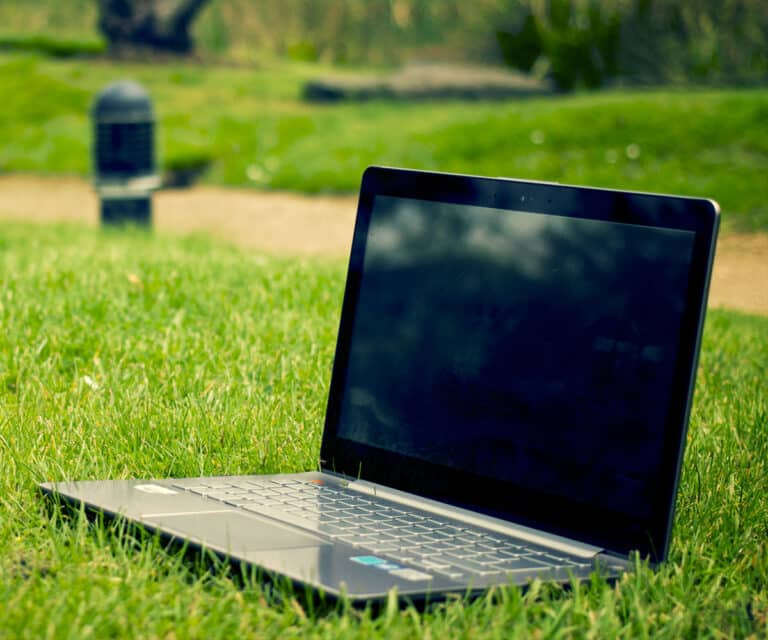There are many ways to get your laptop working like new again. If your laptop is newer take advantage of your warranty options. Now, if you don’t want to return your new laptop then the easiest way to speed up your laptop is to close a few apps, disable Power Saver mode, or update your operating system. If your laptop is older, you might need to take advantage of your extended warranty. And if it’s been more than a year, it may be time to replace the hard drive or add more memory.
Overall, your laptop might be running slow for several reasons, and here’s what you can do to speed it up.
Why your laptop is slow
A slow laptop is a painfully familiar issue for many users. It’s important to identify the issues early on to get your performance back to normal. Besides dropping it too many times, there are a few reasons your laptop is slow.
The laptop’s hard disk drive is old
A slow laptop is one of the tell-tale signs of an old hard disk drive (or HDD). The standard life cycle for a hard drive is between three to five years. While there are stories of hard disks lasting as long as a decade… why risk it? In addition to lagging, other signs may view that the hard disk of your laptop is getting old. Are they are strange sounds coming from the laptop with the lag? If your slow laptop has frequent OS freezes, then the hard disk is probably just too old. The next move is to take it to a specialist to get an SSD-type hard drive installed or upgrade that laptop!
The laptop doesn’t have enough RAM
The laptop needs more RAM. The RAM is basically the computer’s memory. Unlike stored memory, RAM works only when the personal computer is turned on. The OS relies heavily on RAM for perfectly running jobs. Not having sufficient RAM for the processes you are trying to run can tellingly cause your PC to slow down.
New computing needs, particularly memory-browsers like chrome, demand a fit supply of RAM memory for laptops. In the early 2000s, laptops required only about 2GB of RAM. These days, you should always aim for at least 8GB of RAM, preferably 16GB if you plan to do any heavy multitasking, gaming, or video editing.
The laptop has a virus
A malware or virus program can cause a lot of issues on your laptop. A slow laptop is just one of them. If using your laptop for work, use a malware or virus scanning program to ensure your computer is not infected with anything. If you’re using a Windows laptop, you can always try out their Window Defender utility before taking it to a specialist. Overall, a virus protection program can get rid of the infected files on your personal computer. Once the virus or malware is gone, your laptop should perform better.
Your laptop doesn’t have enough storage
A laptop with less than 15% of storage left may experience a slowdown. There are many ways your laptop stores memory. Computers store files and installed programs in the storage. Usually, the storage is on the hard drive. Laptops can slow down when the storage drive is full to the brim. This is an easy fix as you can either look for an external storage solution or delete any old files to get your storage back.
